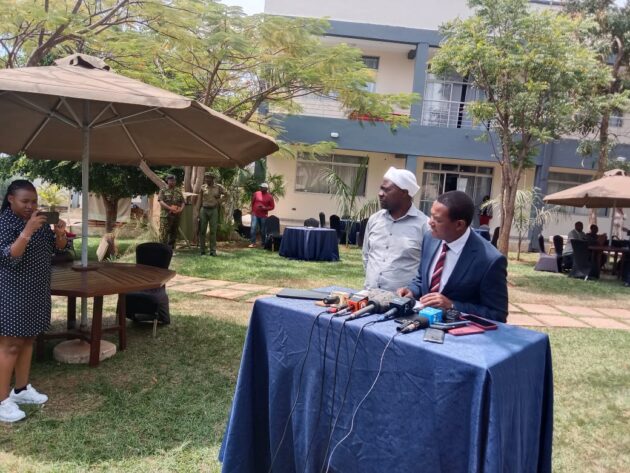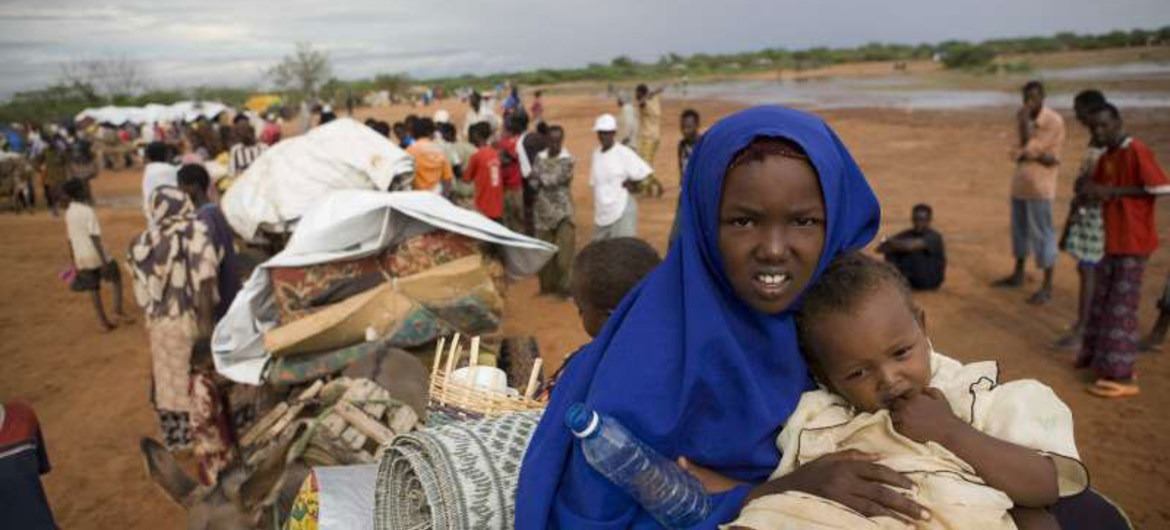Kenyans in Lebanon have until the end of Saturday to register for evacuation as the crisis in the Middle Eastern country escalates.
In a communiqué on Saturday, Roseline Njogu, Principal Secretary for the State Department for Diaspora Affairs, urged Kenyans who have not yet registered to seize the remaining opportunity. As of this morning, the government is finalizing plans to airlift 6,907 Kenyans who have registered.
“We’ve made arrangements for the 6,907 who have registered, with some scheduled to leave this coming week,” she stated.
The ongoing conflict in Lebanon follows more than a year of hostilities between Israel and the Palestinian militant group Hamas. On October 7, Hamas launched a surprise attack on southern Israel, resulting in approximately 1,200 deaths and at least 240 hostages, according to Israeli authorities. As Israel began its military response in Gaza, Hezbollah militants commenced rocket attacks on Israel in support of Hamas, leading to increased military operations in southern Lebanon, which have raised concerns from the U.N.
Njogu emphasized that the government is closely monitoring the situation and collaborating with international partners to ensure the safe return of all Kenyans wishing to leave Lebanon.
Earlier, Prime Cabinet Secretary Musalia Mudavadi informed the Senate that the government has allocated Sh100 million for the evacuation of Kenyans stranded in Lebanon due to the escalating tensions.
“The government has set aside Sh100 million, and a committee in the Ministry of Foreign Affairs is coordinating with security and other agencies to determine how best to utilize these funds for the evacuation,” he disclosed.
The evacuation efforts are being organized amid a deteriorating security situation in Lebanon, prompting several countries to facilitate the return of their citizens.
In related developments, U.S. President Joe Biden has called for Israel to cease fire against U.N. peacekeepers in Lebanon following two incidents in 48 hours, in which Sri Lankan and Indonesian soldiers were injured by Israeli fire.
Israeli Defense Forces (IDF) stated they would investigate the incidents, while the head of U.N. peacekeeping noted that there is evidence of direct fire on U.N. positions.
As cross-border exchanges between the IDF and Hezbollah continue, the situation remains tense, with reports of civilian casualties and significant damage in Lebanon, including recent airstrikes that killed 22 civilians in Beirut. Lebanese Prime Minister Najib Mikati condemned the attacks as “a crime directed at the international community.”











